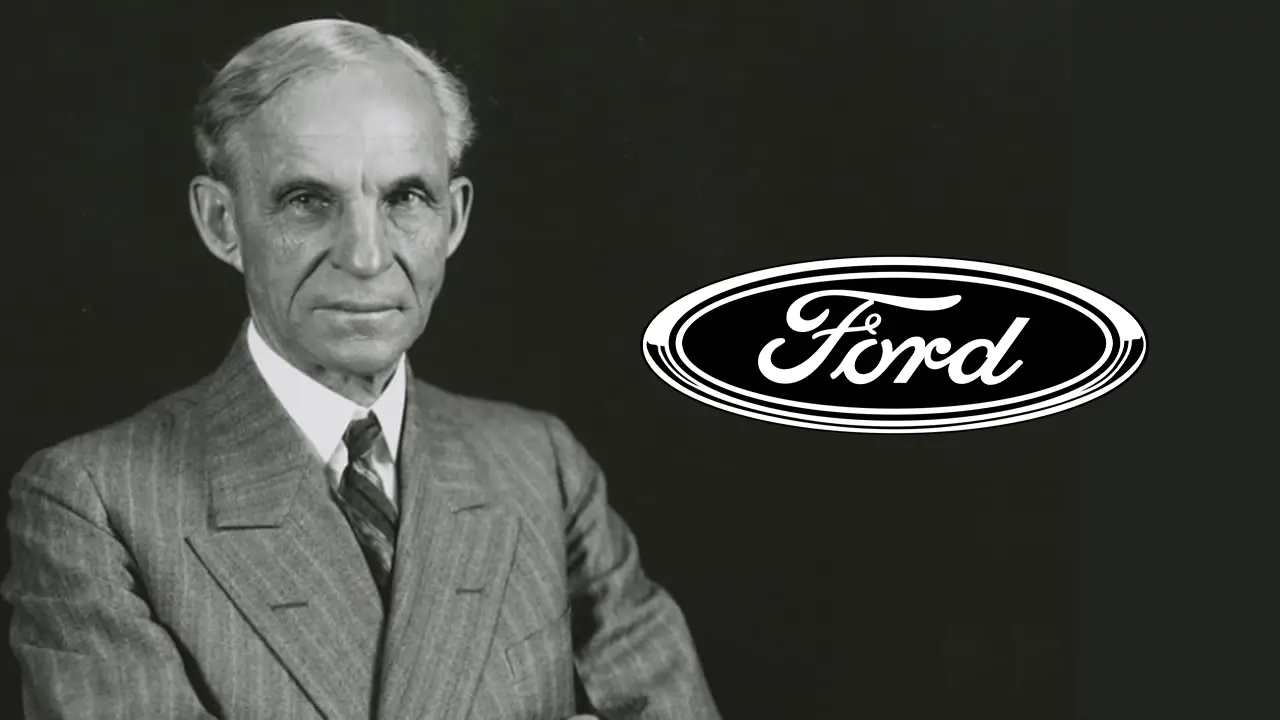Henry Ford’s influence on the automobile industry was transformative, driven by several key innovations and practices that revolutionized manufacturing and made automobiles accessible to the general public. Here are the major ways he impacted the industry:
How Did Henry Ford Affect the Automobile Industry?
Assembly Line Production
Innovation
Henry Ford is best known for developing and implementing the moving assembly line in 1913 at his Highland Park Plant. This innovation drastically reduced the time required to assemble a car, significantly lowering production costs.
Impact
The efficiency of the assembly line allowed Ford to produce cars more quickly and at a lower cost. This enabled him to reduce the price of his cars, making automobiles affordable for a much larger segment of the population. The concept of mass production was born, and it set the standard for the automobile industry and beyond.
The Model T
In 1908, Ford introduced the Model T, a car that became extremely popular due to its reliability, durability, and affordability.
Impact
The Model T is often credited with “putting America on wheels.” By 1927, over 15 million Model Ts had been sold, making it the best-selling car in the world at that time. Its success demonstrated the viability of mass production for the automobile industry, and it became a symbol of Ford’s innovative approach.
Standardization
Practice
Ford standardized parts and components, simplifying the manufacturing process and ensuring that parts were interchangeable.
Impact
This standardization further reduced costs and improved the efficiency of repairs and maintenance, contributing to the widespread adoption of automobiles. The ability to use interchangeable parts meant that repairs could be done more quickly and cheaply, which was a significant advantage for car owners.
Wages and Labor Practices
The $5 Workday
In 1914, Ford introduced the $5 workday, which was more than double the average wage for industrial workers at the time. This was a strategic move to reduce turnover and attract skilled workers.
Impact
By paying his workers higher wages, Ford ensured a stable, motivated workforce and helped create a class of consumers who could afford to buy the cars they were producing. This concept of paying workers enough to afford the products they made became known as Fordism and had a lasting influence on industrial labor practices.
Vertical Integration
Strategy
Ford implemented vertical integration by controlling all aspects of production, from raw materials to finished products.
Impact
This control over the supply chain allowed Ford to reduce costs, ensure quality, and maintain consistent production schedules. By owning the supply chain, Ford could manage the entire process more efficiently, reducing delays and improving the overall quality of its vehicles.
Influence on Other Industries
Ripple Effect
Ford’s methods and practices influenced not just the automobile industry but also other sectors of manufacturing. The principles of mass production and assembly line techniques were adopted by various industries, leading to increased productivity and economic growth.
Overall Impact
Henry Ford’s contributions to the automobile industry were transformative, making cars affordable and accessible to the masses, which in turn had profound social and economic implications. His innovations in manufacturing, labor practices, and business strategies set new standards and helped shape the modern industrial world.
- Audi GT50 Concept: A Loud Reminder of Why Car Enthusiasts Fell in Love With Audi
- Nearly 30% of UK Drivers Believe Car Tax Should Be Based on Mileage — Survey
- Why Planes and Boats Escaped the Luxury Tax But Cars Didn’t
- Australia’s Headlight Confusion: Authorities Warn Drivers After Viral $250 Headlight Rule Goes Wild Online
- 2025 Hyundai Venue Facelift Launched in India – Full Details, Variants, and Price
Conclusion
Henry Ford’s impact on the automobile industry cannot be overstated. His innovations in assembly line production, the introduction of the Model T, standardization of parts, implementation of the $5 workday, and vertical integration transformed the way cars were made and sold. Ford’s influence extended beyond the automobile industry, affecting manufacturing processes in various sectors and contributing to economic growth. By making cars affordable and accessible, he changed the landscape of transportation and had a lasting impact on society. Henry Ford’s legacy in the automobile industry is a testament to his vision and ingenuity, proving that innovation and efficiency can bring about monumental change.

